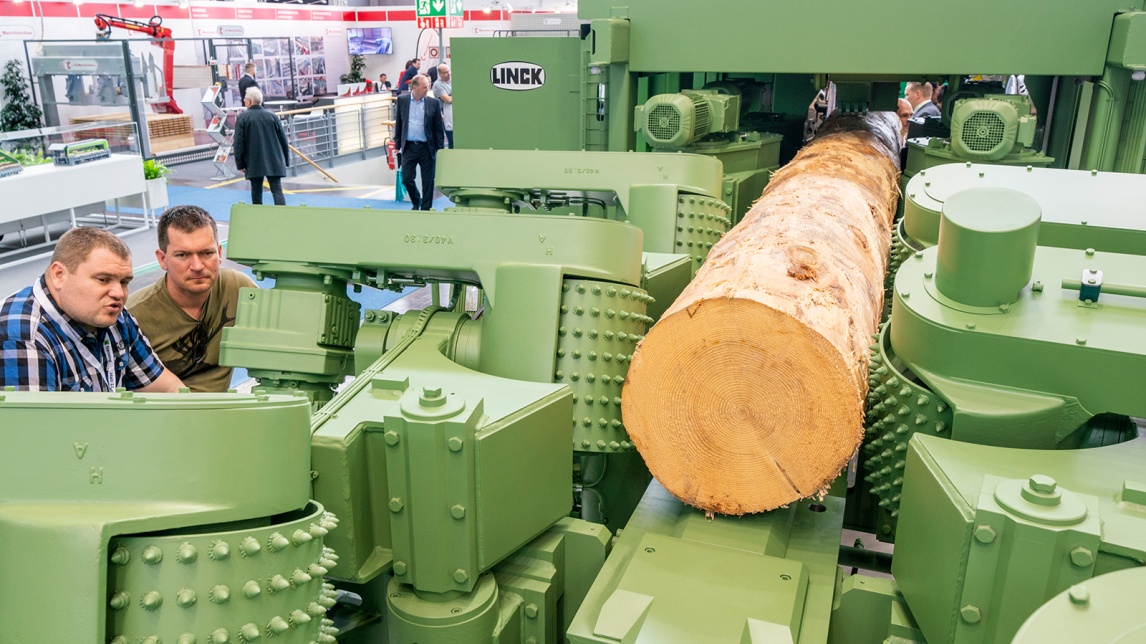German equipment manufacturers are calling for an urgent revision and a two-year postponement of the EU Deforestation Regulation (EUDR), warning that the law’s complexity could severely disrupt supply chains and harm European industry. Describing the regulation as “bureaucratic madness,” the German Mechanical Engineering Industry Association, or VDMA, argues that its implementation would overload companies with impractical documentation requirements. The EUDR is scheduled to apply to large companies from December 30, 2025, and to SMEs from June 30, 2026, according to the VDMA.
The regulation mandates that all products containing wood, rubber, or leather be traceable back to their exact plot of origin. While the machinery industry does not produce these raw materials directly, it depends on components made from them—such as tires, sealings, and conveyor belts—which are essential for manufacturing equipment and often sold as spare parts.
Representing 3,600 companies across Europe, the VDMA warns that ensuring such full traceability is technically and logistically impossible for many firms, especially small and mid-sized ones operating in global supply chains. “The high level of administrative burden generated by the regulation, both for companies in Europe and in third countries, as well as for the authorities, is bureaucracy at its worst,” said VDMA President Bertram Kawlath.
In its letter to the European Commission and Germany’s Federal Minister of Agriculture, the association states that the EUDR, in its current form, risks triggering delivery disruptions and weakening the international competitiveness of European firms. It also criticizes the regulation for requiring not only importers but also all downstream companies in the supply chain to meet full due diligence and declaration requirements.
To reduce unnecessary burdens while maintaining the law’s environmental goals, the VDMA proposes limiting due diligence obligations to first distributors, introducing a de minimis rule for small deliveries and low raw material content, and granting exemptions for test products, returned goods, and instruction manuals. It also advocates classifying certain countries, especially within the EU, as “safe countries of origin” to simplify compliance procedures.
These recommendations were submitted by the VDMA as part of its response to the European Commission’s May 2025 consultation on Annex I of the regulation.
